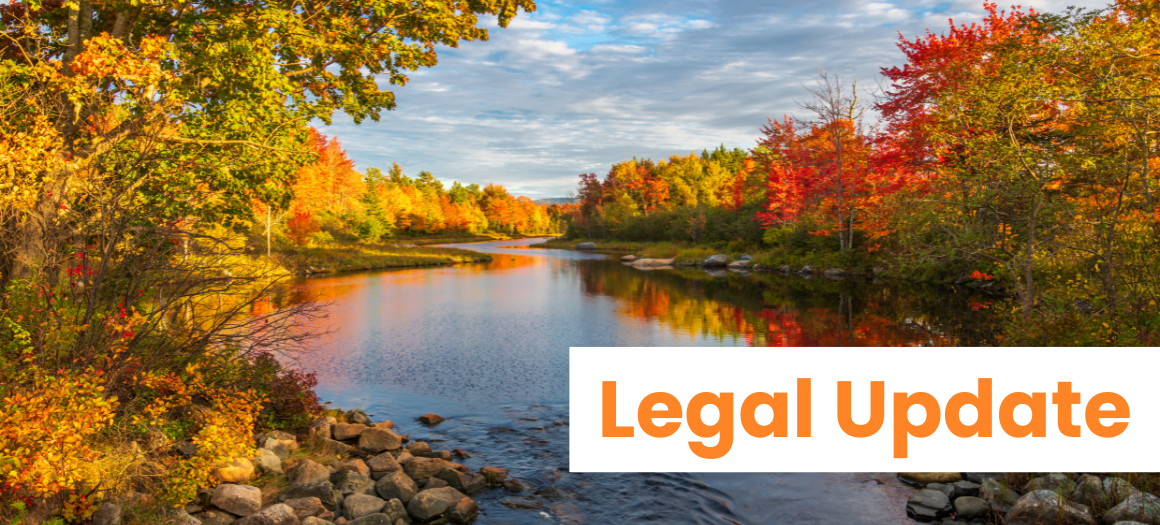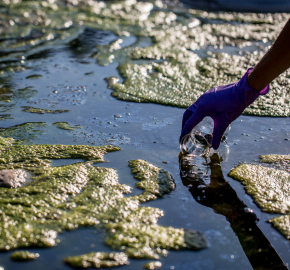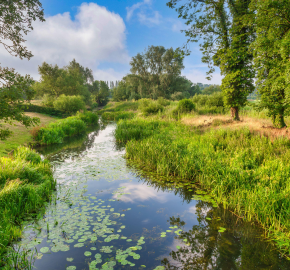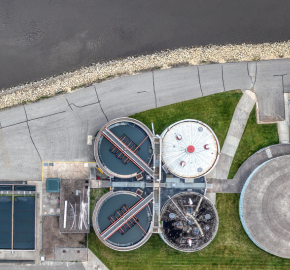An update from the WildFish legal team

Here is what our legal team have been working on in October and what’s coming up soon.
As we reported last month, we have a hearing date in November for our appeal against the decision by Defra to allow the Scottish salmon farming industry to change the Protected Geographical Indication name for its products from “Scottish farmed salmon” to just “Scottish salmon”. We are also taking the salmon farming ‘greenwashing’ fight to the certifiers – such as RSPCA Assured and Soli Association Certification, who we believe provide a figleaf of respectability to the salmon farmers that they simply do not deserve. We have referred Soil Association Certification to the Information Commissioner over their refusal to provide us with copies of their inspections of so-called ‘organic’ salmon farms, which we consider create the same issues for wild fish conservation as ‘conventional’ fish farms. We are investigating how RSPCA Assured operates under charity law.
In our case against the Welsh Government concerning the potential for by-catch of protected salmonid species from Welsh rivers in Welsh coastal nets, we should receive the Welsh Government’s response to our legal challenge any day now. The response will determine whether we then need to go to Court to enforce the Habitats Regulations.
The Water (Special Measures) Bill has had its Second Reading in the House of Lords. We are working with several peers who have decided they would like to push our amendments to the Bill. The Committee stage – where amendments get debated in the Lords – is scheduled for 28 and 30 October. We have also written to the new Secretary of State detailing the legal powers he has and the steps he can take right now, without any new law, to tackle the water companies and start to ‘turn the ship around’.
We have referred DEFRA to the OEP over the continued failure to pass Fish Passage Regulations. Those of you with long memories will remember that these draft Regulations, designed to deal with historic barriers to migration such as old weirs and other obstructions, have been waiting since 2009 to become law. Each time the draft Regulations have looked like they might get passed, some deregulatory initiative or another has pulled the rug away, or political support has evaporated. But without passing a legal measure to deal with these historic barriers in England and Wales, the Government will remain in breach of the now assimilated European legislation, the Water Framework Directive.
In Cumbria, after WildFish wrote to the Environment Agency to put it on notice that United Utilities has been causing environmental damage to Cunsey Beck (which feeds into Windermere) the Agency has written to say that they have not set a timetable for responding but that “the quality of this work will take precedence over the speed of it”. If they do not respond within a reasonable time-period, we will come knocking.
More letters have been flowing in from local authorities answering our questions on whether they take into account sewage treatment capacity and water resources availability when considering planning applications. The general view seems to be that they do – but the small print suggests that this is only for larger developments. Several of our proposed amendments to the Water (Special Measures) Bill are addressed at sorting out this problem once and for all, by tweaking the law on planning and water resources.
This is allied to the long-term problems of water resources, particularly in the south-east of England. Southern Water’s Water Resource Management Plan has been out for consultation for a few weeks now. Their technical documents suggest that despite long-term solutions to water scarcity, such as a new reservoir and water recycling, there will be more water abstracted from chalk streams and groundwater. We are preparing a suitable response.
Lastly, despite the Environment Agency’s leading experts saying that salmon in the Test and Itchen should be treated as one “metapopulation”, their bosses obviously haven’t been reading the same script, responding to our call to action to start protecting inter-connected rivers and populations, by appearing to contradict their own scientists. At WildFish we are science-lead in everything that we do. We would hope the Environment Agency would be too.



